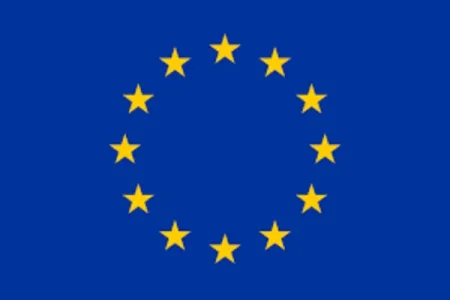
Discover how the European Union profited €3.4 million from rejected Schengen visa applications from Nigeria alone in 2023. Reports reveal African and Asian nations contributed 90% of the €130 million generated globally, prompting concerns of visa inequality and its impact on migration and global economic dynamics.
The European Union (EU) amassed a staggering €3,435,200 from rejected Schengen visa applications from Nigeria alone in 2023, according to recent Schengen visa statistics. This figure is part of a larger sum of €130 million earned globally from declined visa applications, with African and Asian nations bearing the brunt of 90% of these costs.
Particularly alarming is the disproportionately high rejection rate experienced by African countries like Ghana, Senegal, and Nigeria, ranging from 40-50%. Marta Foresti, founder of LAGO Collective and a senior visiting fellow at the Overseas Development Institute, highlighted the dire consequences of visa inequality, labeling the costs of rejected visas as 'reverse remittances' that flow from poorer nations to wealthier ones.
Foresti emphasized that these financial burdens are often overlooked in discussions about aid or migration policies. Furthermore, visa rejections have profound implications beyond monetary losses, as they contribute significantly to irregular migration within the EU. In response to low rates of migrant returns, the EU has wielded visa restrictions as a political tool, imposing sanctions on countries like Ethiopia while easing restrictions on The Gambia.
The EU's decision to extend visa processing times and increase visa application fees further compounds the challenges faced by visa applicants. The rejection rate is expected to soar in 2024, following the EU Commission's decision to hike the adult visa fee from €80 to €90.
Meanwhile, the UK also saw substantial earnings of £44 million (€50 million) from rejected visa fees, underscoring the widespread impact of visa denials on both individuals and nations alike.




